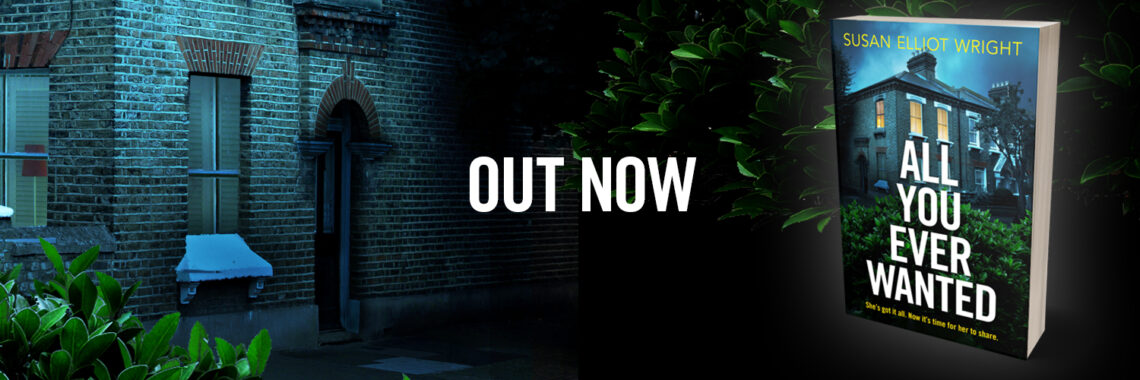In Maternal Mental Health Awareness Week, I’m re-posting this 4-part blog, which I wrote last year leading up to publication of The Flight of Cornelia Blackwood
I’m talking here about my own mental health in the first days and weeks of motherhood, and why I frequently address this topic in my fiction. It’s too long for one post, so I’ve split it into four, and this is the second post (scroll down for part one)
the birth
The birth wasn’t especially traumatic, but nor was it easy. My pregnancy had been fairly straightforward, and the baby was planned and wanted by both myself and my then husband. I was a young mum, even by 1980s standards, giving birth three weeks after my 22nd birthday. When I was admitted to the labour ward a week before my due date, the first thing they asked me was, ‘What’s your pain threshold?’ Reassuring, huh? I’d been mildly apprehensive, like any first-time mum, but once I was in hospital, my anxiety levels rose rapidly. There was a fuss about my small stature and size 4 feet, the implication being that I might struggle to deliver vaginally, and apart from a lovely student midwife who held my hand when things got tough, the staff seemed brusque and unfriendly. I remember actually apologising for being small!
Epidurals were new and scary back then, so I had gas and air, which made me feel sick, and pethidine, which made me high, quite literally – I had an out of body experience where I was floating near the ceiling, watching what was going on below.
Despite all the mutterings about a caesarean, I delivered vaginally after 16 hours, but the second stage was painful and protracted, and despite having an episiotomy, I ended up with 2nd and 3rd degree tears. But when I held my new baby daughter in my arms, I was euphoric. ‘Hello,’ I said. She looked right into my eyes, and I knew that she knew me.

After they delivered the placenta, they wheeled me away to be stitched. As I lay on my back with my legs in stirrups, drifting in and out of consciousness, I could hear the doctor chatting to my husband about the snooker while he stitched me. I became tearful, angry with both of them but too exhausted and vulnerable to speak. How could they be so inappropriate? How could they trivialise this profound thing I’d just done? I’d grown a whole new human and pushed her out of my body, and they were talking about the sodding snooker!
First Days
I was in hospital for six days, but even when I was discharged, my stitches were still so painful that I could only walk using tiny, careful steps. I’d watch people walking up and down the ward, genuinely wondering if I’d ever walk normally again.
The first couple of weeks were dominated by sleeplessness, exhaustion and pain – pain from my stitches, and also from breast-feeding with sore, cracked nipples. The health visitor told me it was like breaking in a new pair of shoes – I’m sure she thought I should just ‘woman-up’.
Emma cried a lot and refused to settle unless I fed her. I was breast-feeding exclusively, and breast pumps weren’t in common use, so it was all down to me. My mum and mother-in-law helped out occasionally, but both had full-time jobs, and also, my then husband wasn’t keen on having other people around, especially people who might notice he wasn’t pulling his weight. He’d take her out in the pram sometimes and change the odd nappy, but he was by no means a hands-on dad, and anyway, he only had a week off work (no paternity leave back then) and he worked nights, so I coped alone at night, and during most of the day while he slept.
The nightmares
I’d only been home a few days when I began to feel strange. It started with the nightmares. The worst one (which I had several times in different forms) was where I’d found my newborn baby in pieces on the doorstep. There was no blood, it was just that her tiny, perfect form had come apart, ‘broken’ into a dozen or so pieces. With the skewed logic of dreams, I started calmly collecting up the parts and putting them in a shoebox with the idea that if I took it to the hospital, they’d put her back together. But as I began to dwell on my incompetence at having broken my new baby, the true horror of the situation dawned on me and I’d wake up sobbing.
I became afraid to sleep. I had dreams that were haunted by images of random blue-grey bodies with head or limbs detached. I called them ‘my mutilation dreams’, and they began to spill over into daylight, especially when I looked out of the window towards the wooded area beyond our garden, where I’d watch the crows coming and going. I started to ‘see’ bodies – blue-ish corpses hanging from the trees. I’d stare at them to confirm what I was seeing, then I’d blink and they were gone.
The only person I told about this was my sister. She says now that she knew there was ‘something odd’ about me at the time, but she was even younger than me – just 19 – and she had no idea what to do about it.
Part three tomorrow!

